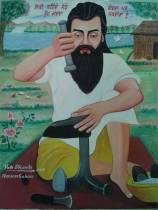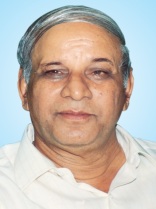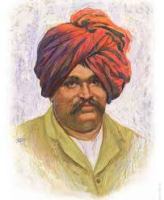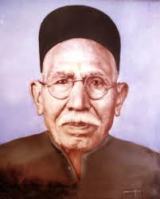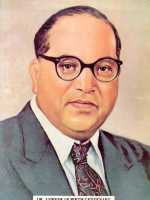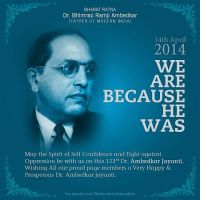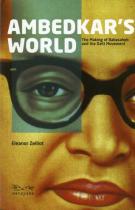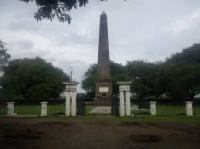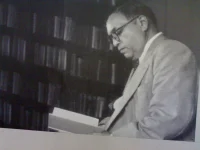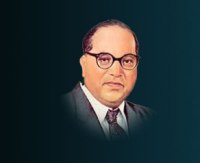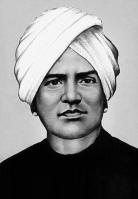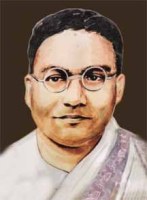Savitribai Phule was the first Dalit women, in-fact first women whose poems got noticed in the British Empire. Savitribai Phule was the mother of modern poetry stressing necessity of English and Education through her poems. Here are few of her poems from “Kavyaphule”, Collection of Savitribai’s poems, 1854.
Read Savtribai Phule’s Poems in Hindi from – विद्रोह की मशाल से समाज को रोशनी – कवियित्री भी थी सावित्री बाई फुले
If you have no knowledge, have no education,
And you yearn not for the same,
You posses intellect but work not on the same,
How then can you be called a human being?
………..
Birds, animals, monkeys, human beings too,
All go through life and death
But if you gain no knowledge about this,
How then can you be called a human being?
——
The Plight of the Shudras
Haunted by ‘The Gods on Earth’,
For two thousand years,
The perpetual service of the Brahmins,
Became the plight of the Shudras.
Looking at their condition,
The heart screams its protest,
The mind blanks out,
Struggling to find a way out.
Education is the path,
For the Shudras to walk,
For education grants humanity
freeing one from an animal-like existence
——
Read also – Mahatma Jotiba Phule and Savitribai Phule’s contribution towards women empowerment
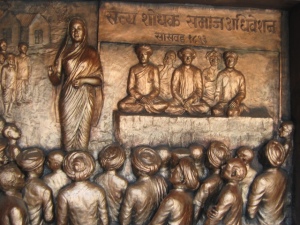
So says Manu…
“Dumb are they
who plough the land,
Dumb are the ones
who cultivate it”,
So says Manu.
Through religious diktats,
The Manusmriti to the Brahmin tells,
“Do not your energy, on agriculture, waste!”
“Those born as Shudras,
All these Shudras!,
Are paying in this life,
For the sins of their past lives”
Thus they create
A society based on inequality,
This being the inhuman ploy,
Of these cunning beings.
——
Read also – ‘First Lady’ Teacher of India: Savitribai Phule
Go, Get Education
Be self-reliant, be industrious
Work, gather wisdom and riches,
All gets lost without knowledge
We become animal without wisdom,
Sit idle no more, go, get education
End misery of the oppressed and forsaken,
You’ve got a golden chance to learn
So learn and break the chains of caste.
Throw away the Brahman’s scriptures fast.
——
Continue reading →












